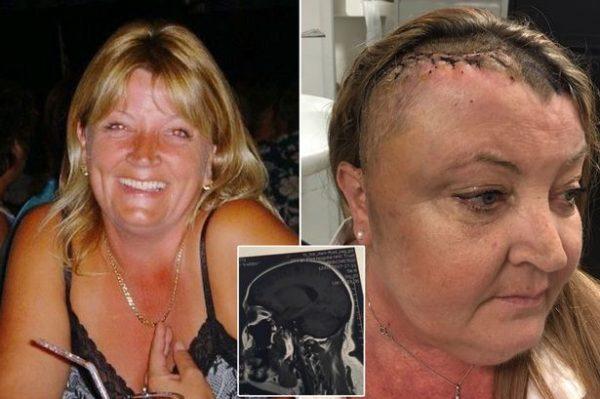Doctors spend nearly a decade, or more, in school learning about the human anatomy. This doesn’t, however, make them incapable of making mistakes just like any other human. Unfortunately, sometimes these mistakes put other people’s lives at risk.
Take for example, a 42-year-old man who went to the doctor complaining that he was short of breath and dizzy. The doctor diagnosed him with anxiety and high blood pressure, gave him a prescription, and sent him on his way.
A few short hours after leaving the doctor’s office, the man passed away. He didn’t have high blood pressure and anxiety at all. He had a dangerous blood clot that had been traveling in his blood stream and finally lodged, resulting in his death.

While doctors aren’t perfect, most of them try their best to deliver the best care possible to their patients. Unfortunately, they are also forced to work long hours and see more and more patients. This results in doctors hurrying to see as many patients as possible which can lead to a misdiagnosis.
Karen Yardley is one such patient that fell victim to a doctor that didn’t investigate further into her symptoms. She was approaching 50 years of age so her doctor, upon hearing her symptoms, diagnosed her as experiencing menopause and told her to give it time and the symptoms would eventually go away. She waited two years, and instead of the symptoms going away; they got worse.
Karen was experiencing migraines, fatigue, insomnia, and mood swings; all things that can be associated with menopause. However, the symptoms began to worsen and she was finally put on anti-depressants to help her deal with the symptoms. The symptoms continued to get worse.

Finally, desperate for answers, Karen begged her doctor to look further in to her symptoms and do additional testing. She had begun to experience painful cluster headaches, and started having trouble seeing. She saw flashes in her eyes and couldn’t see well enough to drive or do her crossword puzzles.
Karen felt alone and like no one was listening to her. Her doctor eventually agreed to do testing to be sure her symptoms were simply menopause. The MRI revealed that Karen had a golf ball-sized tumor right behind her right optic nerve.

Although the tumor was successfully removed, Karen was traumatized by the situation. Doctors said the tumor had likely been growing for years. During the surgery, doctors had to remove a portion of Karen’s skull and replace it with a steel plate. She still has weakness in her legs as well.
Karen says she wants other people to know the importance of sticking up for yourself when it comes to getting medical help. She says that people shouldn’t be afraid to demand answers and more testing if they feel like something is wrong. Early diagnosis is important to reduce disabilities and save lives.
Though we do rely on doctors’ expertise for our medical needs, Karen’s story serves as a reminder for us to be an active advocate for our own healthcare and treatment. Speak up, ask questions, demand further testing, or get a second opinion.
COMMENTS POLICY: We have no tolerance for messages of violence, racism, vulgarity, obscenity or other such discourteous behavior. Thank you for contributing to a respectful and useful online dialogue.